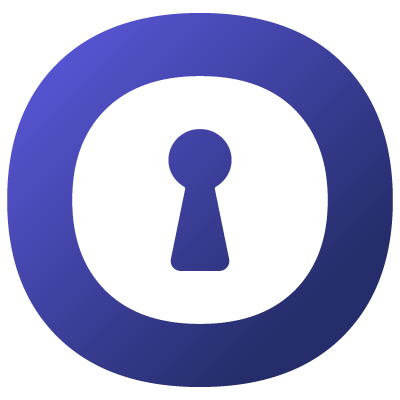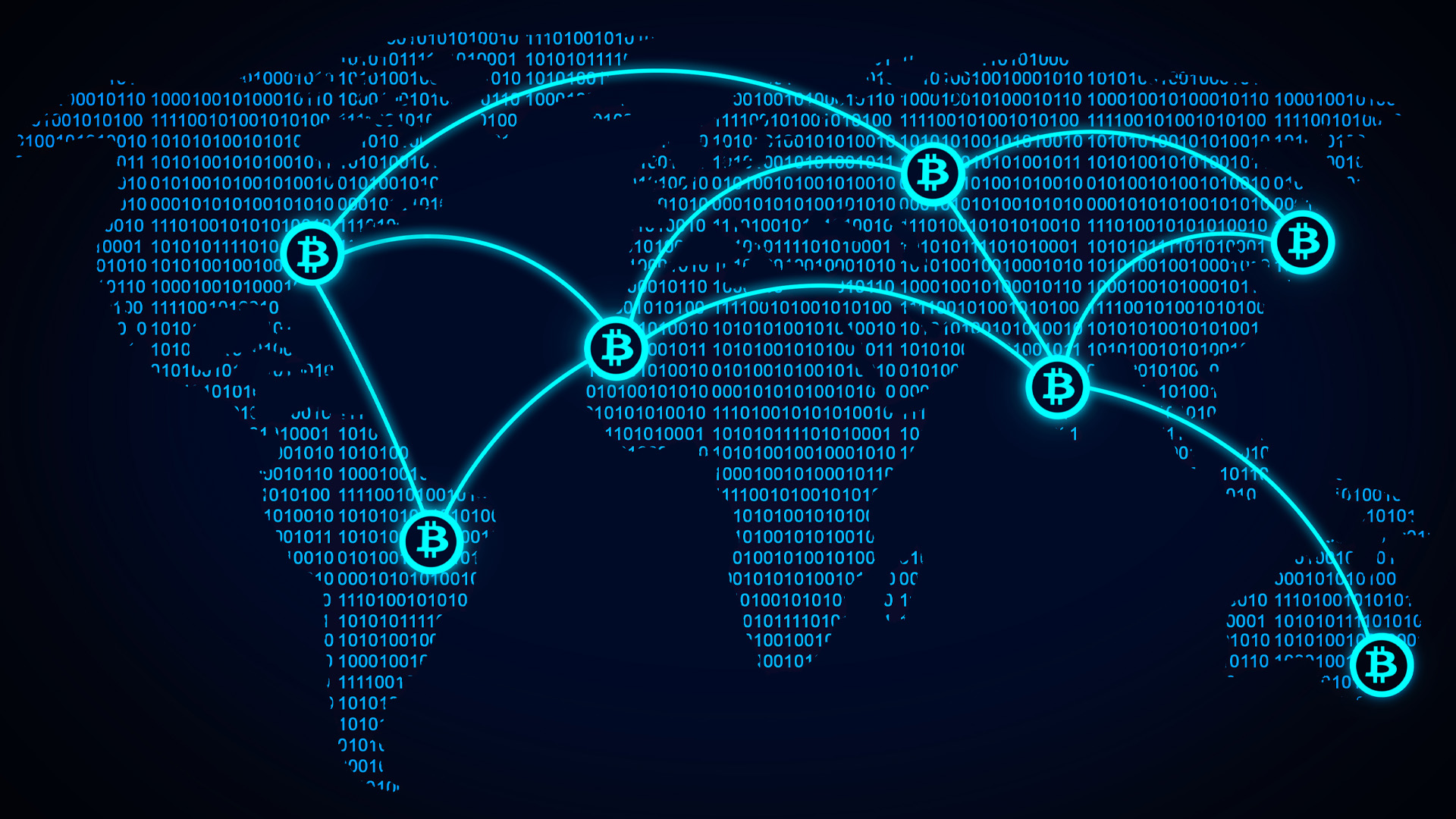Interview with a true crime writer and investigative journalist Eileen Ormsby
Eileen Ormsby has chatted with drug lords, been threatened by hitmen and written books about the Silk Road. Her investigative journalism led her to the dark web, where she has been reporting her findings — through articles, blogs, true crime books and podcasts — ever since. NeedleStack’s Matt Ashburn and Jeff Phillips caught up with Eileen to ask her about her research, her inspiration and what fuels her ongoing curiosity about the dark web. Below are the highlights from their conversation.
On getting interested in the dark web and starting to look deeper into the Silk Road marketplace
For Eileen, it all started around 2011-2012, when she first came across an online marketplace called the Silk Road. The dark web had piqued her curiosity because it was like any other e-commerce platform, with pictures, online shopping baskets and a checkout option — except for cocaine, ecstasy and marijuana — all ready to be delivered directly to your door by the postman. The Silk Road was at its infancy at that time, and Eileen had set out to learn as much about it as she could. She pitched a story as a freelance journalist to a major newspaper in Melbourne, and when the paper took it up, she continued to do follow up research, and got deeper and deeper into the Silk Road and all things dark web.
Soon, Eileen was on the dark web every day. She recalls that in the early days, it was a fascinating place to be — in addition to drug-related transactions, she found all kinds of forums — people discussing philosophy, religion, policy, radical ideas; there were even active book and movie clubs. To her, it felt fresh, audacious and almost revolutionary — so different from anything else on the web. And what fascinated Eileen is that the Silk Road operators weren’t hiding — they were advertising openly on the clear web to get customers to their marketplace. All of it made it irresistibly appealing to Eileen as a journalist — considering that everything that the Silk Road buyers and sellers were doing was completely and utterly illegal.
On the process of doing research on and about the dark web
From the very start, Eileen’s strategy was to let people on the Silk Road know who she was and why she was there. When she invited buyers and sellers to share their stories, many were eager to discuss their views on the war on drugs, drug policies, criminal justice system and more. People were keen to talk to someone who was not working for a tabloid that they felt like they could trust to tell their side of the story in a fair and unbiased way. According to Ormsby, most journalists at the time were covering the dark web from the law enforcement perspective — so she picked an angle that would tell the story from the inside.
On the risks of being on the dark web
The key precaution you need to take on the dark web is to prevent yourself from being doxed — people finding out your private or identifying information. Ormsby used PGP encryption, a method that has been around for decades and is a reliable, consistent and free way to security communicate and protect sensitive files. It’s important to note that PGP doesn’t make you anonymous. It encrypts the message, but the information about the sender, the recipient, the date and time the message was sent, and even an IP address and subject line are all visible and traceable. The contents within the message in transit are protected by the session key — a key generated by a sender that’s only used to send one message. The receiver’s private key is the only way to decrypt the session key and view the message.
Since Eileen’s strategy was to be open and honest about who she was and give people a choice on whether to speak to her or not, she was not trying to conceal her real identity and intent, so PGP provided her with the ideal way to security communicate with the dark web players and build trust.
Naturally, Ormsby’s experience on the dark web included a fair share of shady conversations. She specifically recalls her interaction with an owner of an online hitman service. According to Ormsby, when she expressed her doubts that the hitman business was viable since it didn’t generate any repeat business (who would want to order multiple hits online?) and was untraceable after the cryptocurrency payment was received, the owner initially tried to intimidate and threaten her. At the end, Ormsby recalls that the threats were empty and the hitman turned out to be an ordinary scammer who took customers’ money and never carried out any of the grim tasks he was paid for. Later, he even expressed an interest in assisting law enforcement and sharing information about his clients, so Ormsby considers this incident to be little more than a curious encounter along her exploration of the dark web.
On how the dark web evolved over the past 10 years
When Eileen first began exploring the dark web, she recalls it being more than just transaction-based marketplaces. Surely they sold drugs, but her impression was that the founders and operators of the Silk Road and other dark web sites tried to be honest with their buyers and sellers and truly cared that everyone had a good experience. According to Ormsby, people who worked for these sites were more like utopian cult members than website operators, often offering their services for free — just be a part of the community. In her opinion, today’s markets are just about the profits. Gone are the philosophical pursuits and existential discussions — modern dark web sites are strictly about the business of drug dealing and are typically run by organized crime groups.
On the legality of the dark web
Ormsby agrees that being on the dark net is not illegal, but much of the content that people are going to encounter on it, is in fact against the law. Simply going on the dark web and clicking on links, especially anything labeled “uncensored”, will most definitely expose you to sites that exploit children, which is both highly disturbing and illegal to view. Most news outlets and law enforcement organizations maintain a dark web presence. It’s an ideal way to receive tips from whistleblowers and upload documents related to developing stories and even matters of national security without fear of retaliation. Ormsby plans to continue doing her dark web research and provide readers with even more information and stories about how it’s evolving and what secrets it is yet to reveal.
To learn more about how Authentic8 keeps investigators safe as they research — including on the dark web — check out Silo for Research >
About Eileen Ormsby
Eileen Ormsby is a Melbourne-based freelance writer, true crime author and investigative journalist specializing in the dark web. In the course of her career, she has taken part in dark web forums, interviewed the founder of the Silk Road and been threatened by hitmen. She has written many books, including The Darkest Web: Drugs, Death and Destroyed Lives... The Inside Story of the Internet's Evil Twin.
Where to find Eileen:


